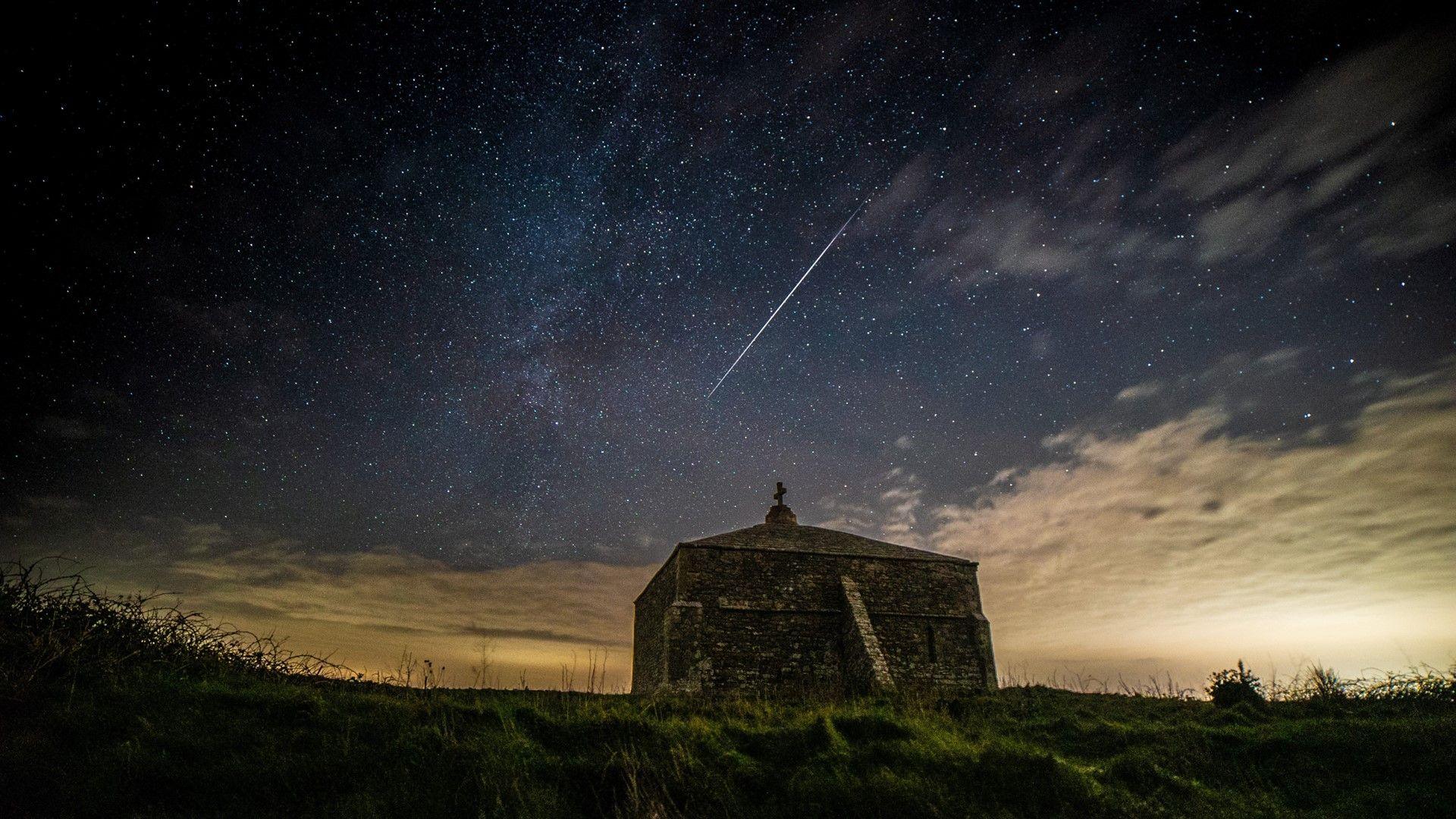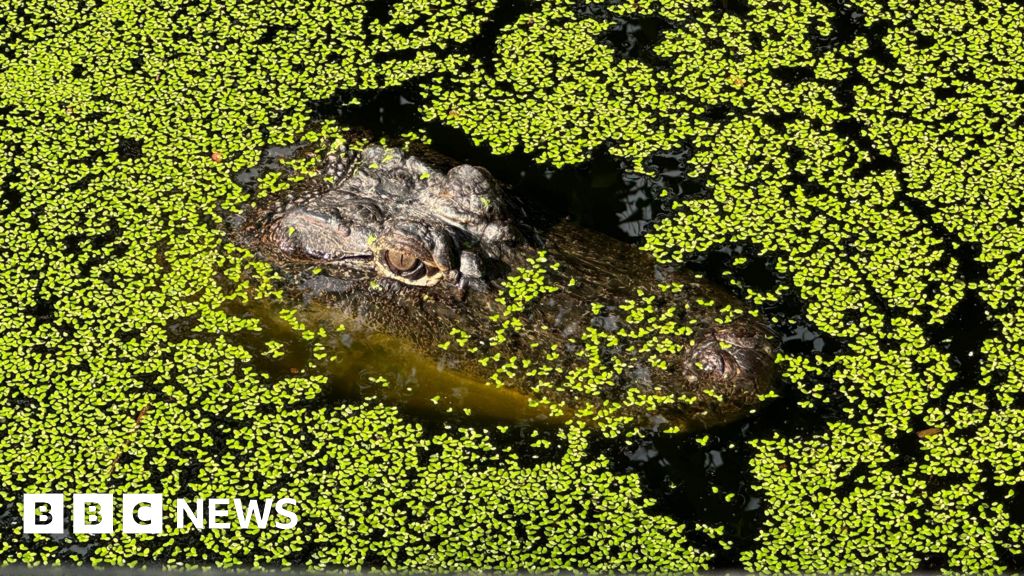 Image source, Carl Jacolette
Image source, Carl Jacolette
Shooting stars may be spotted tonight as the Northern Taurid meteor shower peaks
Darren Bett
Lead Weather Presenter
Sky watchers will be looking out for the Northern Taurids meteor shower which will peak overnight on Monday (11-12 November).
The meteors can be seen from virtually anywhere on Earth but sightings will be affected by the phase of the Moon and the weather conditions.
These showers, known for their slow-moving, long-lasting meteors, are linked to Comet Encke.
There are two streams to the Taurids with the Southern Taurids having peaked earlier in the month.
What is the Taurid meteor shower?
The Taurid meteor shower is caused by the debris - ice and dust - from Comet Encke as it passes through our solar system.
Each time Encke returns to the inner solar system, its nucleus sheds ice and rock into space into a vast debris stream. When Earth passes through this debris the "comet crumbs" heat up as they enter our atmosphere and burn up in bright bursts of light.
Taurid meteors tend to be larger than other meteors and can survive for longer periods as they pass through Earth's atmosphere. They also travel relatively slowly, crossing the sky at about 17 miles (27km) per second. This is about half the speed of the Perseids.
A recent theory as to why Encke has such a large debris stream is that it was once part of a larger comet that broke up about 20,000 years ago. It has the shortest orbital period of any known comet within our solar system, taking just 3.3 years to orbit the Sun.
When is the peak?
Encke's debris stream is so large and spread out that it takes Earth a rather long time to pass through it. This is why we experience two separate parts to the shower - the Southern Taurids and the Northern Taurids.
The Southern Taurids run from about 23 September to 12 November and peaked earlier this month. Northern Taurids stem from a nearby but slightly different stream and are active from about 13 October to 2 December, peaking around 11-12 November.
The Taurids are not very prolific, tending to produce only five meteors per hour but they can be very bright. The showers sometimes produce fireballs – a perfect target for astrophotography.
There seems to be a seven-year cycle with these fireballs. There were lots sightings of them in 2022 and the next best opportunity may be in 2029.
How do I watch?
You do not need any equipment such as telescopes or binoculars as the secret is to take in as much sky as possible and allow about 30 minutes for your eyes to adjust to the dark.
The best time to view is around midnight when the shower's radiant (the spot in the sky from which the meteors appear to emanate), the Taurus constellation, is high in the sky.
To find Taurus, look for the constellation Orion and then peer to the north-east to find the red star Aldebaran, the star in the bull's eye. Shooting stars will be visible all over the night sky so move your gaze around the nearby constellations.
Image source, BBC Weather Watcher / Helen Earth / Whitby
Image caption,Skies have been clearing over the past 24 hours, leading to improved viewing conditions.
Will I be able to see them?
Viewing the Taurids may be affected by the illumination of the Moon, which could obscure some of the fainter meteors. The Moon will be in a waxing gibbous phase – going from half moon to full moon.
However, the weather is looking much more favourable for stargazing now. The recent blanket of cloud we've had for several weeks has moved off, leaving a clearer airmass and a much better view of the night sky.
Fog patches may obscure the sky for some - especially across southern Scotland, Northern Ireland, north-west England and north Wales. Any fog will tend to sit in the valleys though, so head for higher ground in these regions to have a better chance of spotting some spectacular shooting stars.
If you do miss this meteor shower you won't have long to wait until the next one, as the Leonid meteor shower is expected to peak next week on the morning of 18th November.
Keep across your local forecast on the BBC Weather website or app.

 Movie
Movie 1 month ago
55
1 month ago
55 






![Presidents Day Weekend Car Sales [2021 Edition] Presidents Day Weekend Car Sales [2021 Edition]](https://www.findthebestcarprice.com/wp-content/uploads/Presidents-Day-Weekend-car-sales.jpg)



 English (United States)
English (United States)